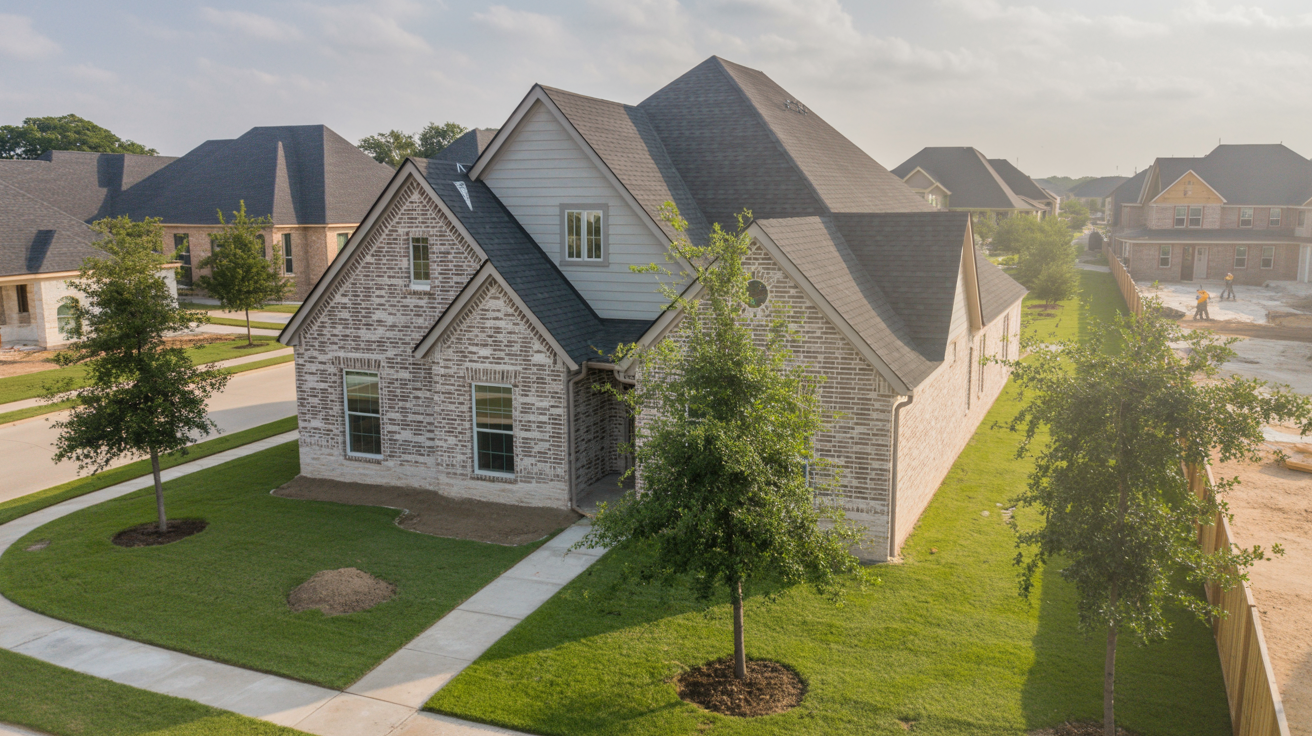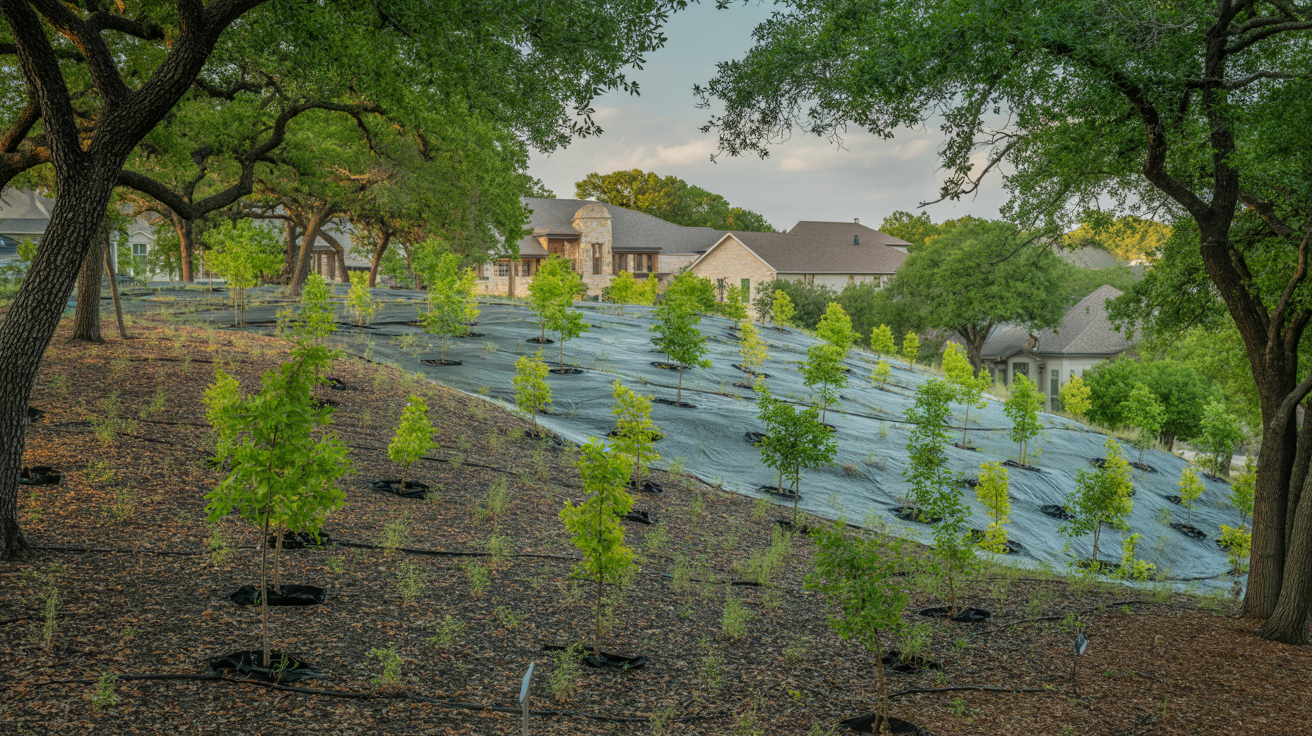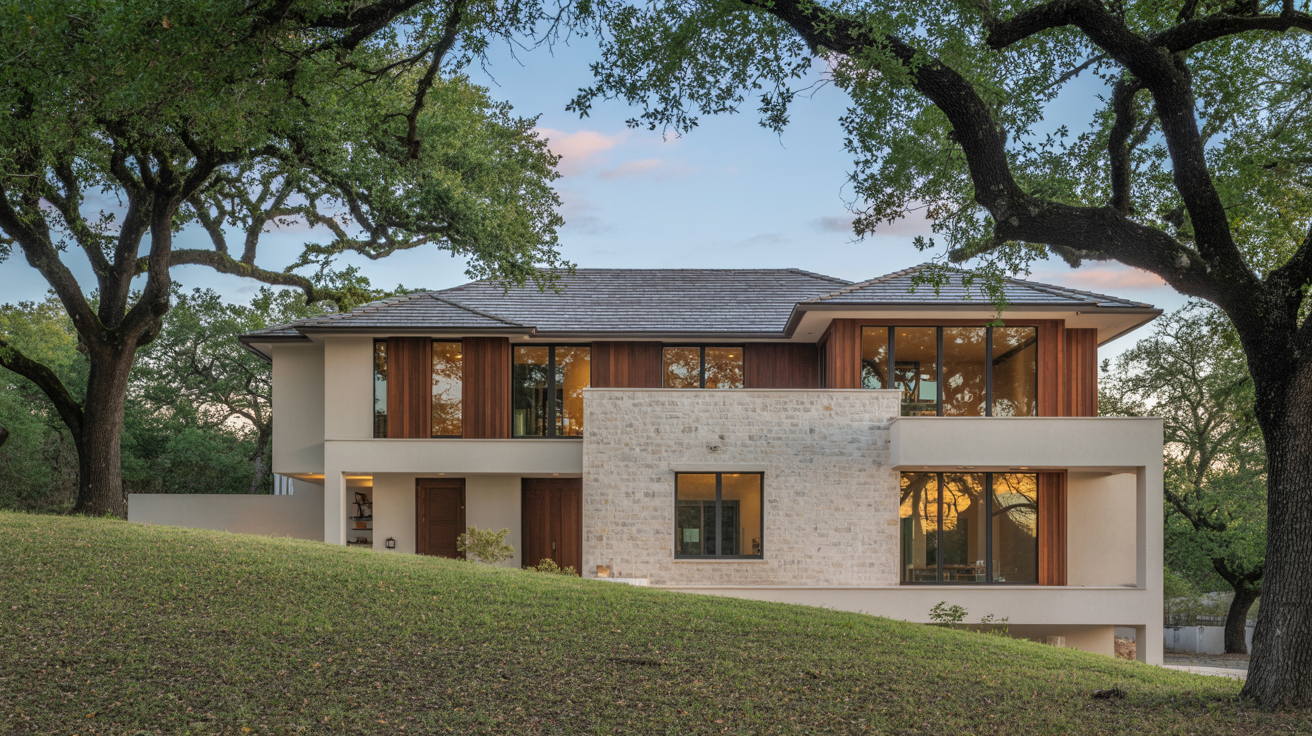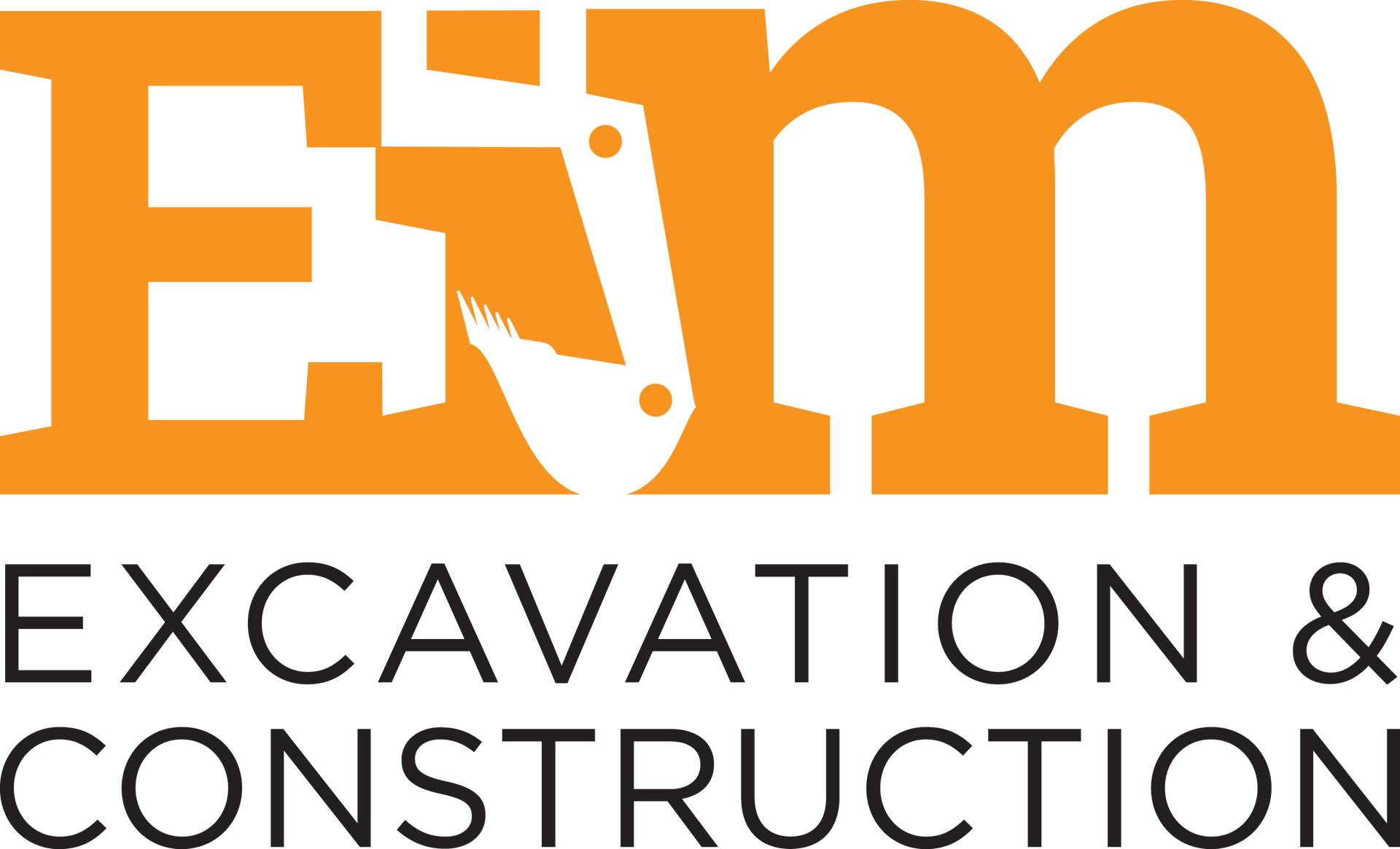Building Contractor Requirements and Permits in Westlake Hills, TX
Why Building Contractor in Westlake Hills Projects Require Expert Planning

If you're searching for a building contractor in Westlake Hills, you've probably already discovered this isn't your typical construction project. After twenty years in the field and countless projects across Texas, I can tell you that Westlake Hills operates more like a military base than a typical suburb when it comes to construction oversight.
The city doesn't mess around. They've created one of the most detailed regulatory frameworks I've encountered in my two decades of construction work. Every project worth more than twenty-five thousand dollars triggers a complex web of registration requirements, insurance mandates, and compliance checkpoints that can overwhelm even experienced contractors.
But here's what I've learned from my military background and years building everything from custom ponds to complete home renovations: proper planning and preparation turn these challenges into advantages. When you understand the system and work within it correctly, you deliver better projects that stand the test of time.
The Registration Reality for Westlake Hills Construction
Let me start with the basics that trip up most contractors. Westlake Hills requires formal registration for any construction project valued at twenty-five thousand dollars or more. This isn't just paperwork – it's their way of ensuring only serious, qualified professionals work in their community.
The registration process demands several key components:
- General liability insurance coverage of at least six hundred thousand dollars
- Emergency contact information available twenty-four hours a day
- Separate applications for multiple trades if your company handles different specialties
- Compliance agreements with all city codes and ordinances
What makes this challenging is the city's zero-tolerance approach to violations. They can suspend or revoke your registration based on repeated code violations or permit non-compliance. In my experience, this keeps the quality bar high, but it also means you need to get everything right the first time.
At Earth in Motion, we view these requirements as quality assurance rather than bureaucratic hurdles. When cities demand this level of accountability, it weeds out fly-by-night operators and creates a more professional construction environment for everyone.
Insurance Requirements That Actually Protect Your Investment
The six-hundred-thousand-dollar insurance requirement might seem steep, but it's actually protecting your investment. I've seen too many projects go sideways because contractors carried inadequate coverage. When something goes wrong – and in construction, something always can – proper insurance means the difference between a minor setback and a financial disaster.
This requirement also creates accountability. Contractors who maintain substantial insurance coverage tend to operate more carefully and professionally. They have skin in the game and real consequences for poor workmanship or safety violations.
Navigating the Permit Maze in Westlake Hills
The permit process in Westlake Hills operates like a well-oiled military operation. Everything must be submitted in person – no electronic submissions accepted. You need completed forms, construction plans, and insurance documentation, all properly organized and presented.
For residential projects, you'll need two sets of plans. Commercial projects require four stamped sets. The city reviews everything against their comprehensive code requirements, including impervious cover limits, setback requirements, and drainage specifications.
What most contractors don't realize is that timing becomes critical. Initial technical reviews typically take three to four weeks, but complex projects or variance requests can add months to your timeline. I always build these delays into project schedules because rushing the permit process usually backfires.
The Devil in the Development Details
Westlake Hills has specific requirements for different types of development submissions. Type III developments, for example, require detailed plan sheets with north arrows, scale bars, setback measurements, survey information, and flood elevation boundaries.
These aren't arbitrary requirements. They ensure that every project fits properly within the community's environmental and aesthetic standards. The city wants to see exactly how your project will impact drainage, tree preservation, and neighborhood character.
From my military background, I appreciate this systematic approach. It prevents problems before they start and ensures everyone operates from the same playbook.
Special Projects Demand Special Attention
Certain projects trigger additional permit requirements that can catch contractors off guard. Pools, fences, roofing, and signage all require separate permits with unique submission requirements.
Metal roofing projects, for instance, require material samples. Pool installations demand extensive documentation. These aren't suggestions – they're mandatory requirements that can shut down your project if ignored.
At Earth in Motion, we've developed systems to track these requirements for different project types. When we're building a custom pond that includes landscaping, fencing, and electrical work, we map out every permit requirement before we start. This prevents costly delays and keeps projects moving smoothly.
Variance Requests: When Standard Rules Don't Fit
Sometimes your project can't meet standard code requirements due to site conditions, environmental constraints, or design necessities. Westlake Hills allows variance requests, but they add significant time and complexity to your project.
Variance requests require detailed justification documentation and City Council review. They can add two to three months to your permit timeline. I've learned to identify potential variance needs early in the planning process so clients understand the time implications upfront.
The key is presenting variance requests professionally with clear technical justification. City officials appreciate contractors who understand why rules exist and can demonstrate how their alternative approach still meets the underlying safety and community standards.
Cost Factors That Drive Westlake Hills Projects
Construction costs in Westlake Hills reflect several unique factors that distinguish this market from typical Austin-area projects. The regulatory complexity adds administrative overhead that must be factored into project budgets.
The permit process itself creates cost implications. Extended review timelines can affect labor scheduling and material storage. Variance requests add architectural and engineering costs for additional documentation and presentations.
Site conditions in Westlake Hills often present unique challenges. The area's rolling terrain, mature trees, and drainage requirements can significantly impact construction complexity. Projects that look straightforward on paper may require specialized equipment, extended site preparation, or creative engineering solutions.
Environmental Considerations That Affect Every Project
Westlake Hills takes environmental protection seriously. Tree preservation ordinances, impervious cover limits, and drainage requirements all impact project design and costs.
These environmental standards often require creative solutions that add value beyond simple compliance. When we work around existing trees or design drainage systems that enhance rather than degrade natural water flow, we're creating lasting value for property owners.
The city's focus on environmental stewardship aligns with sustainable construction practices that make long-term economic sense. Building within these standards typically results in lower maintenance costs and better property values over time.
Working Within the System Successfully
Success in Westlake Hills requires understanding that the regulatory framework exists for legitimate reasons. The city wants to maintain property values, protect environmental quality, and ensure construction safety. When you work within this framework rather than against it, you deliver better projects.
Communication becomes essential. Maintaining regular contact with city officials, responding promptly to review comments, and keeping emergency contact information current demonstrates professionalism that city officials appreciate.
Documentation accuracy matters more here than in less regulated environments. Plans must be precise, applications must be complete, and all supporting materials must be properly organized and presented.
The Professional Advantage
Contractors who understand and respect Westlake Hills' requirements develop competitive advantages. We can provide accurate timelines, anticipate potential issues, and guide clients through the process efficiently.
This expertise becomes particularly valuable for complex projects like custom ponds that involve multiple trades, environmental considerations, and aesthetic integration with existing landscapes. When you understand how all the pieces fit together, you can create comprehensive solutions that exceed client expectations.
Long-Term Benefits of Proper Compliance
While Westlake Hills' requirements may seem demanding initially, they create long-term benefits for everyone involved. Properties built to these standards maintain higher values and require less maintenance over time.
The registration and insurance requirements ensure that property owners work with qualified professionals who stand behind their work. This reduces the likelihood of construction defects, safety issues, or incomplete projects that plague less regulated markets.
From a contractor's perspective, working in this environment elevates your standards and procedures. The discipline required to succeed in Westlake Hills makes you better at every other project you undertake.
After twenty years in construction and countless projects across different regulatory environments, I can confidently say that choosing the right building contractor in Westlake Hills means finding someone who views these requirements as opportunities to deliver exceptional quality rather than obstacles to overcome.
Frequently Asked Questions About Building Contractors in Westlake Hills
Do I need a registered contractor for my Westlake Hills construction project?
Yes, Westlake Hills requires contractor registration for any project valued at $25,000 or more. At Earth in Motion, we maintain full registration and carry the required $600,000 general liability insurance coverage. This registration process ensures you're working with qualified professionals who understand the city's complex regulatory framework. The registration requirements include emergency contact availability, compliance agreements with city codes, and separate applications for different trades when necessary.
How long does the permit process take for construction projects in Westlake Hills?
Permit timelines in Westlake Hills typically range from three to four weeks for standard projects, but complex developments or variance requests can extend this to several months. At Earth in Motion, we build these timelines into every project schedule because rushing the permit process usually creates more delays. We handle all permit submissions in person (electronic submissions aren't accepted), ensuring complete documentation with proper construction plans, forms, and insurance verification to prevent review delays.
What makes construction costs different in Westlake Hills compared to other Austin areas?
Construction costs in Westlake Hills reflect several unique factors including regulatory complexity, extended permit timelines, environmental compliance requirements, and challenging site conditions. The area's rolling terrain, mature trees, and strict drainage requirements often require specialized equipment and creative engineering solutions. At Earth in Motion, we factor in these considerations during initial planning, including potential variance requests, tree preservation requirements, and impervious cover limits that can significantly impact project scope and materials selection.
What environmental requirements must contractors follow in Westlake Hills?
Westlake Hills enforces comprehensive environmental standards including tree preservation ordinances, impervious cover limits, setback requirements, and drainage specifications. These requirements often demand creative solutions that we view as opportunities to add long-term value. At Earth in Motion, we design projects that work with existing environmental conditions rather than against them, creating sustainable solutions that enhance natural water flow and preserve mature vegetation while meeting all city compliance standards.
How do I choose the right building contractor for my Westlake Hills project?
Look for contractors who understand Westlake Hills' regulatory framework and view compliance requirements as quality assurance rather than obstacles. At Earth in Motion, our twenty years of construction experience and military-background planning approach ensure we navigate the city's detailed requirements efficiently. We maintain proper registration, insurance coverage, and emergency contact availability while providing accurate project timelines that account for permit reviews, environmental considerations, and the city's zero-tolerance approach to code violations.



